Dealing with a smelly bathroom sink can be unpleasant and embarrassing. The foul odor coming from your sink pipes can make your entire bathroom smell bad and make you feel self-conscious when guests come over. Luckily, there are several solutions to get rid of smelly sink pipes and keep them smelling fresh. In this article, we will discuss the causes of smelly sink pipes and provide you with tips, DIY solutions, and professional options to eliminate the odor for good. How to Get Rid of Smelly Sink Pipes
The main cause of smelly sink pipes is the buildup of organic materials such as hair, soap scum, and food particles. These materials can get stuck in the pipes and produce a foul odor. The first solution to try is to pour boiling water down the drain to help break down and flush out any buildup. You can also try using a mixture of baking soda and vinegar to create a natural cleaning solution that will help eliminate the odor. Causes and Solutions for Smelly Sink Pipes
To prevent smelly sink pipes, it is important to run hot water down the drain after each use. This will help flush out any buildup and keep the pipes clean. You can also pour a cup of baking soda down the drain once a week and follow it with hot water to keep the pipes fresh. Additionally, using a drain strainer can help prevent hair and other debris from going down the drain and causing a buildup. Tips for Eliminating Odors from Bathroom Sink Pipes
If you prefer a more natural approach to cleaning your sink pipes, there are several options you can try. Lemon juice, for example, can help cut through grease and eliminate odors. You can also try using a mixture of salt and baking soda to scrub the inside of the pipes and remove any buildup. Another natural option is using essential oils, such as tea tree oil or peppermint oil, to create a pleasant scent and fight against bacteria and mold growth. Natural Remedies for Smelly Bathroom Sink Pipes
Aside from organic buildup, there are other common causes of smelly bathroom sink pipes. One of these is a dry P-trap, which is the U-shaped pipe under your sink. The P-trap holds a small amount of water that acts as a barrier to prevent sewer gases from entering your home. If this trap dries out, the gases can escape and cause a foul odor. To fix this, simply run some water down the drain to refill the trap. Common Causes of Smelly Bathroom Sink Pipes
If the natural remedies mentioned above do not work, there are a few DIY solutions you can try. One option is to use a plumbing snake to physically remove any clogs or buildup in the pipes. You can also try using a mixture of dish soap and hot water to flush out the pipes. If the smell persists, you can try using a commercial drain cleaner, but be cautious as these can be harsh and may damage your pipes. DIY Solutions for Smelly Sink Pipes
If you want to thoroughly clean and deodorize your bathroom sink pipes, you can try using a mixture of equal parts vinegar and baking soda. Pour the mixture down the drain and let it sit for about 30 minutes before flushing it with hot water. You can also use a pipe brush to scrub the inside of the pipes and remove any buildup. This method will not only eliminate the odor but also help prevent future clogs. How to Clean and Deodorize Bathroom Sink Pipes
The best way to prevent smelly sink pipes is to maintain good plumbing habits. This includes regularly cleaning and flushing the pipes, using a drain strainer, and avoiding pouring grease and other materials down the drain. You can also try using enzyme-based cleaners, which are specifically designed to break down organic materials and prevent odors. Preventing Smelly Sink Pipes
If none of the DIY solutions seem to work, it may be time to call in a professional plumber. They will be able to thoroughly clean and inspect your sink pipes to identify the source of the odor. They may also use specialized tools, such as a hydro jet, to remove any stubborn clogs or buildup. A professional can also help fix any underlying plumbing issues that may be causing the smell. Professional Solutions for Smelly Bathroom Sink Pipes
If you have tried all of the above solutions and the smell still persists, it may be a sign of a more serious plumbing issue. In this case, it is best to call a professional plumber to troubleshoot the problem. They will be able to identify the source of the odor and provide a more permanent solution. Remember, it is important to address smelly sink pipes as soon as possible to prevent further damage and ensure a fresh-smelling bathroom. Troubleshooting Smelly Sink Pipes
Finding the Source of the Smell

Inspecting the Pipes
 If you're experiencing a foul smell coming from your bathroom sink, it's important to identify the source of the issue. In most cases, the smell is caused by bacteria growth in the pipes. This can happen due to a buildup of hair, soap scum, and other debris that can accumulate in the pipes over time. To pinpoint the source of the smell, you'll need to inspect the pipes underneath your sink.
Start by removing everything from under the sink and using a flashlight to get a better look at the pipes. Look for any visible signs of buildup or clogs in the pipes. You may also notice discoloration or a slimy film on the pipes, which is a sign of bacteria growth. It's important to wear gloves and protective eyewear while inspecting the pipes to avoid any potential health hazards.
If you're experiencing a foul smell coming from your bathroom sink, it's important to identify the source of the issue. In most cases, the smell is caused by bacteria growth in the pipes. This can happen due to a buildup of hair, soap scum, and other debris that can accumulate in the pipes over time. To pinpoint the source of the smell, you'll need to inspect the pipes underneath your sink.
Start by removing everything from under the sink and using a flashlight to get a better look at the pipes. Look for any visible signs of buildup or clogs in the pipes. You may also notice discoloration or a slimy film on the pipes, which is a sign of bacteria growth. It's important to wear gloves and protective eyewear while inspecting the pipes to avoid any potential health hazards.
Checking the P-Trap
 One of the most common places for bacteria buildup in the bathroom sink is the P-trap, which is the curved pipe under the sink that traps water to prevent sewer gases from entering your home. Use a wrench to loosen the nuts on either side of the P-trap and carefully remove it. You may want to place a bucket or towel under the P-trap to catch any water or debris that may spill out.
Check the inside of the P-trap for any buildup or clogs. You can use a small wire brush or a pipe cleaner to remove any gunk that may be causing the smell. Once you've cleaned the P-trap, reattach it and run hot water down the drain to help flush out any remaining debris.
One of the most common places for bacteria buildup in the bathroom sink is the P-trap, which is the curved pipe under the sink that traps water to prevent sewer gases from entering your home. Use a wrench to loosen the nuts on either side of the P-trap and carefully remove it. You may want to place a bucket or towel under the P-trap to catch any water or debris that may spill out.
Check the inside of the P-trap for any buildup or clogs. You can use a small wire brush or a pipe cleaner to remove any gunk that may be causing the smell. Once you've cleaned the P-trap, reattach it and run hot water down the drain to help flush out any remaining debris.
Preventing Future Smells
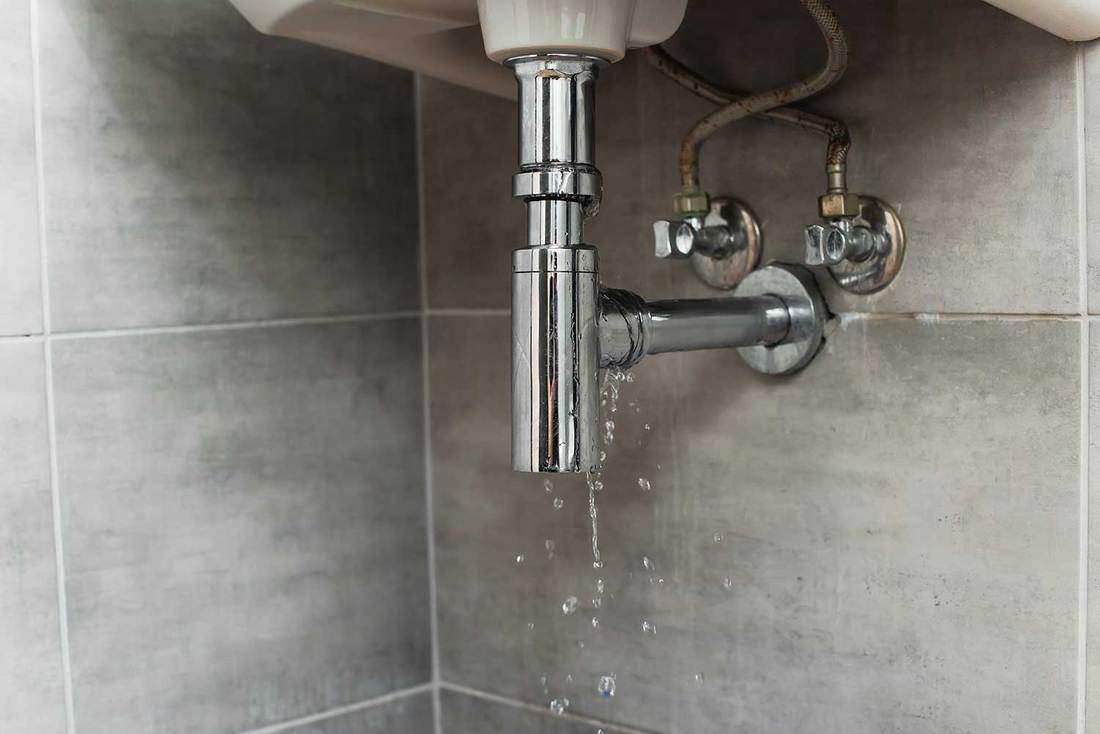
Regular Cleaning
 To avoid future smells coming from your bathroom sink, it's important to regularly clean the pipes. You can use a mixture of baking soda and vinegar to help break down any buildup in the pipes. Simply pour the mixture down the drain and let it sit for a few minutes before flushing it out with hot water. This will help keep your pipes clean and prevent bacteria growth.
To avoid future smells coming from your bathroom sink, it's important to regularly clean the pipes. You can use a mixture of baking soda and vinegar to help break down any buildup in the pipes. Simply pour the mixture down the drain and let it sit for a few minutes before flushing it out with hot water. This will help keep your pipes clean and prevent bacteria growth.
Using a Drain Strainer
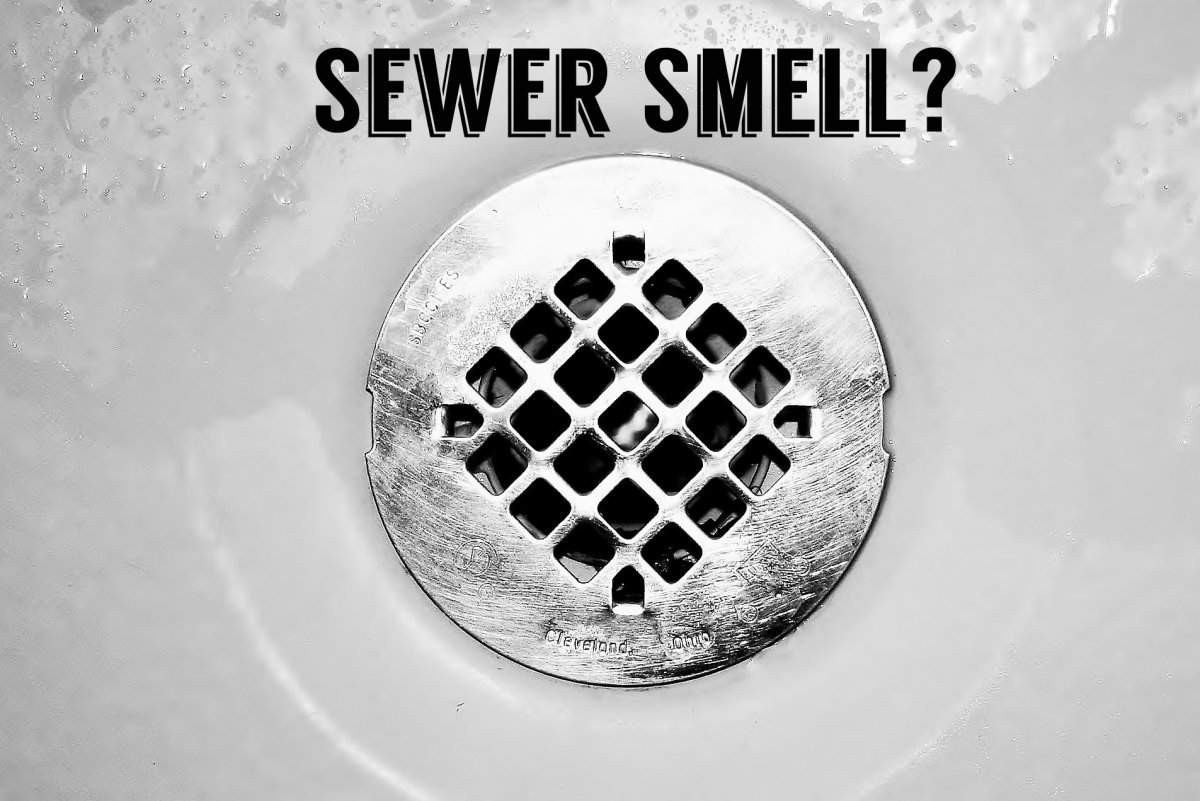 Another way to prevent smells from coming from your bathroom sink is to use a drain strainer. This will help catch any hair or debris before it goes down the drain and can potentially cause a clog. Simply clean out the strainer regularly to prevent buildup and keep your sink smelling fresh.
In conclusion, a foul smell coming from your bathroom sink is often a sign of bacteria growth in the pipes. By regularly inspecting and cleaning your pipes, as well as using a drain strainer, you can prevent future smells and maintain a clean and fresh-smelling bathroom. If the smell persists, it may be a sign of a more serious plumbing issue, and it's best to consult a professional plumber for further assistance.
Another way to prevent smells from coming from your bathroom sink is to use a drain strainer. This will help catch any hair or debris before it goes down the drain and can potentially cause a clog. Simply clean out the strainer regularly to prevent buildup and keep your sink smelling fresh.
In conclusion, a foul smell coming from your bathroom sink is often a sign of bacteria growth in the pipes. By regularly inspecting and cleaning your pipes, as well as using a drain strainer, you can prevent future smells and maintain a clean and fresh-smelling bathroom. If the smell persists, it may be a sign of a more serious plumbing issue, and it's best to consult a professional plumber for further assistance.









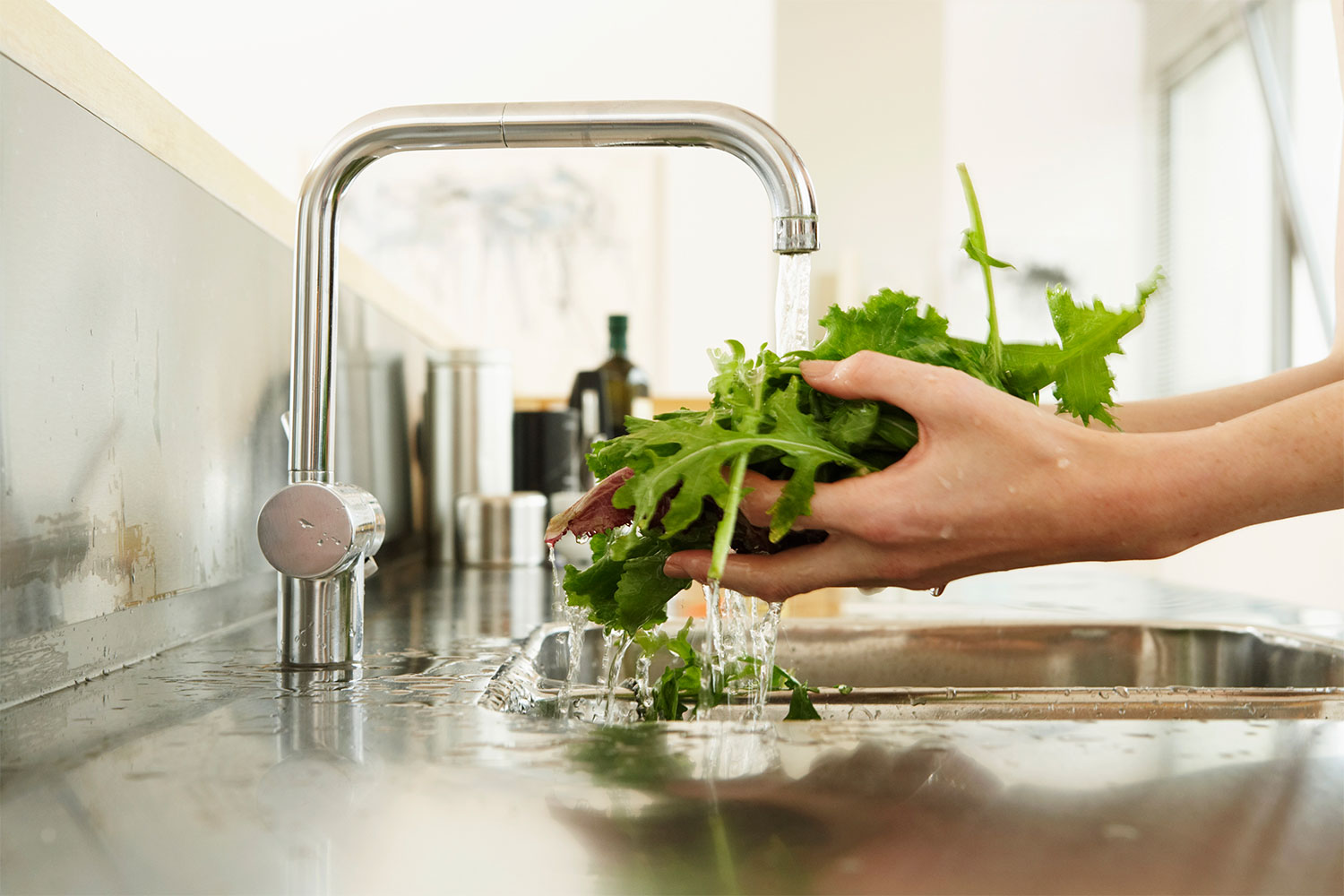



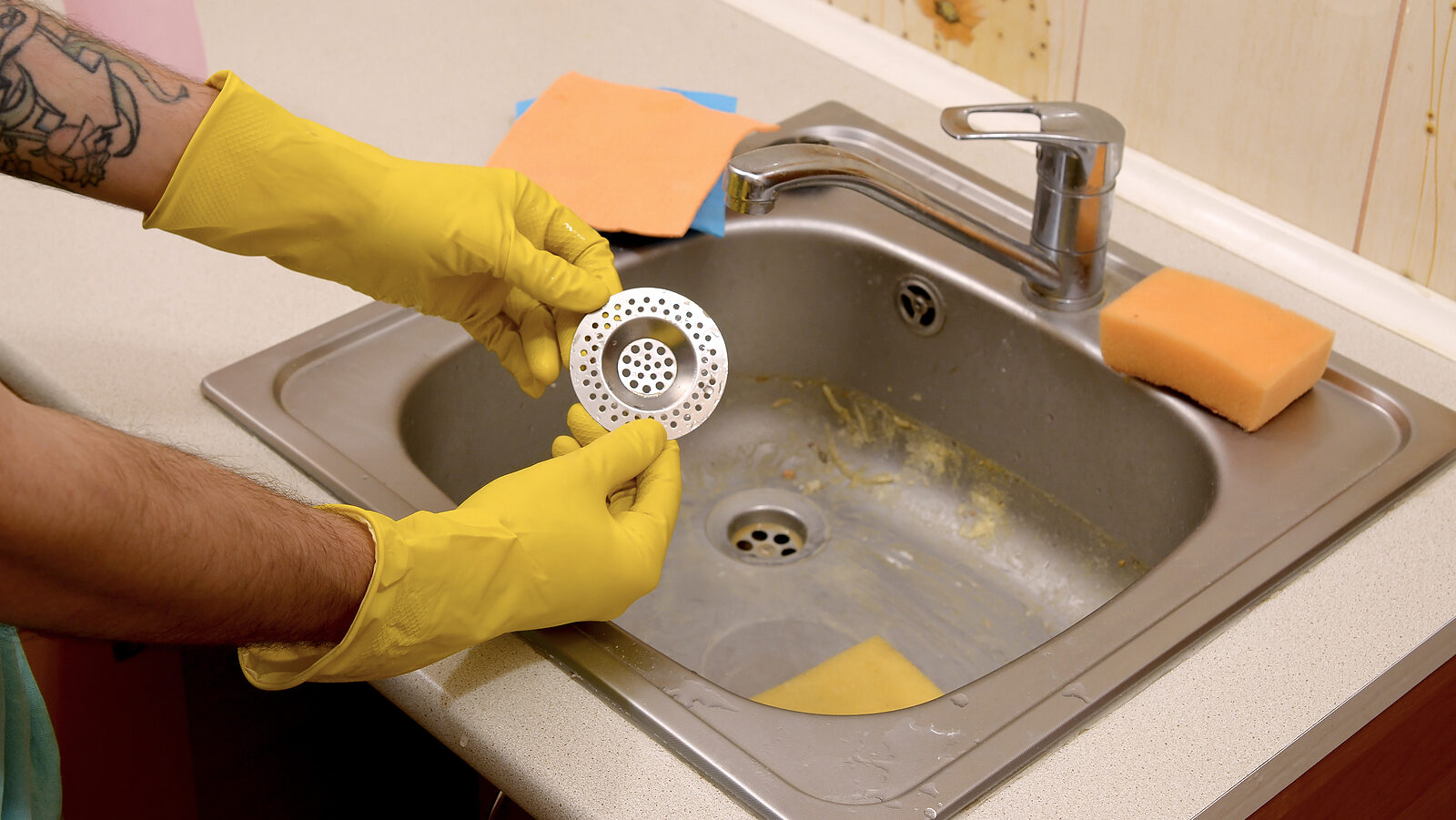

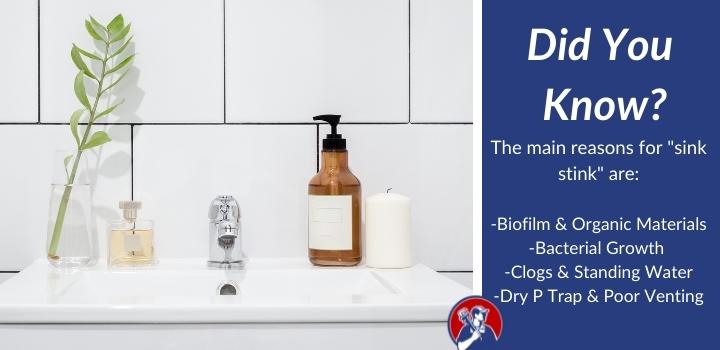

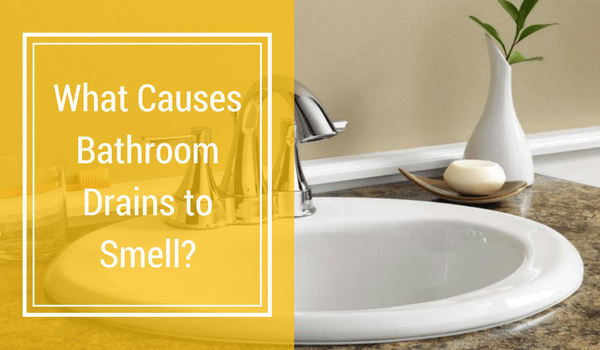

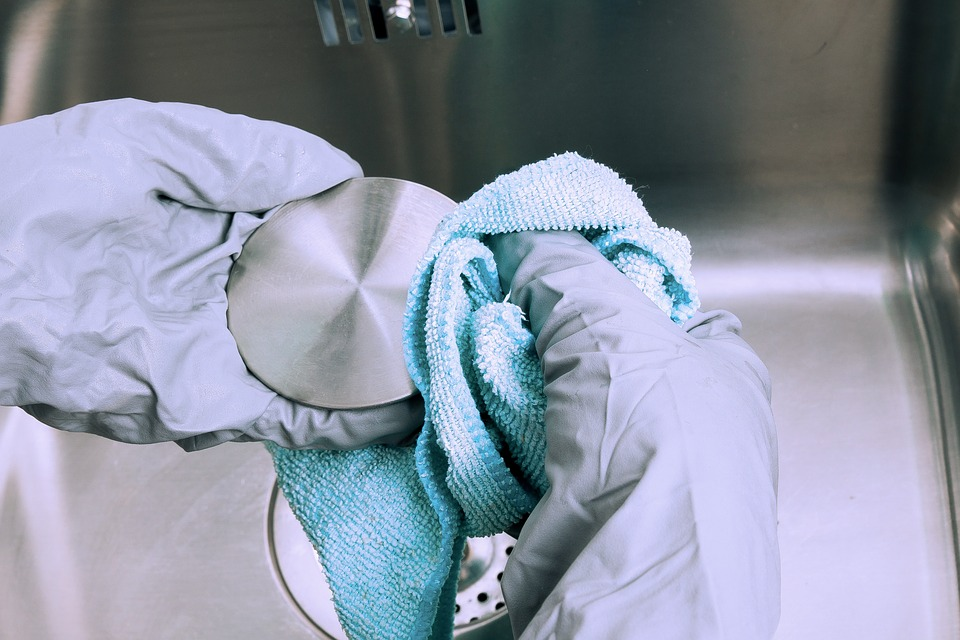

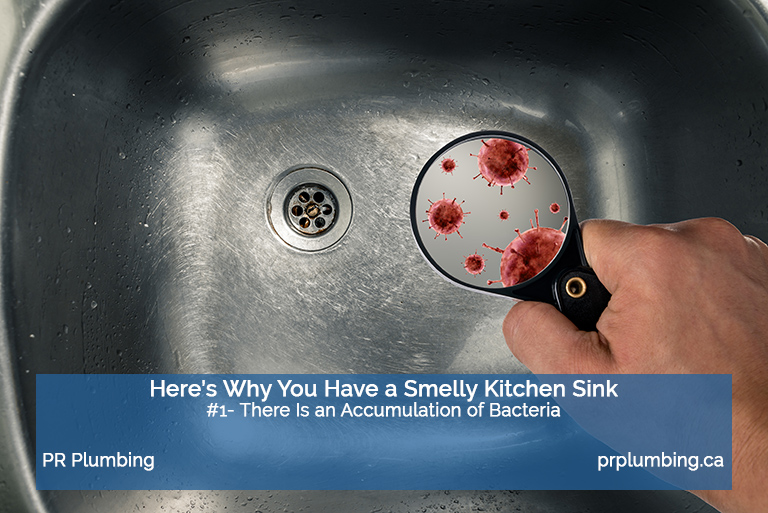




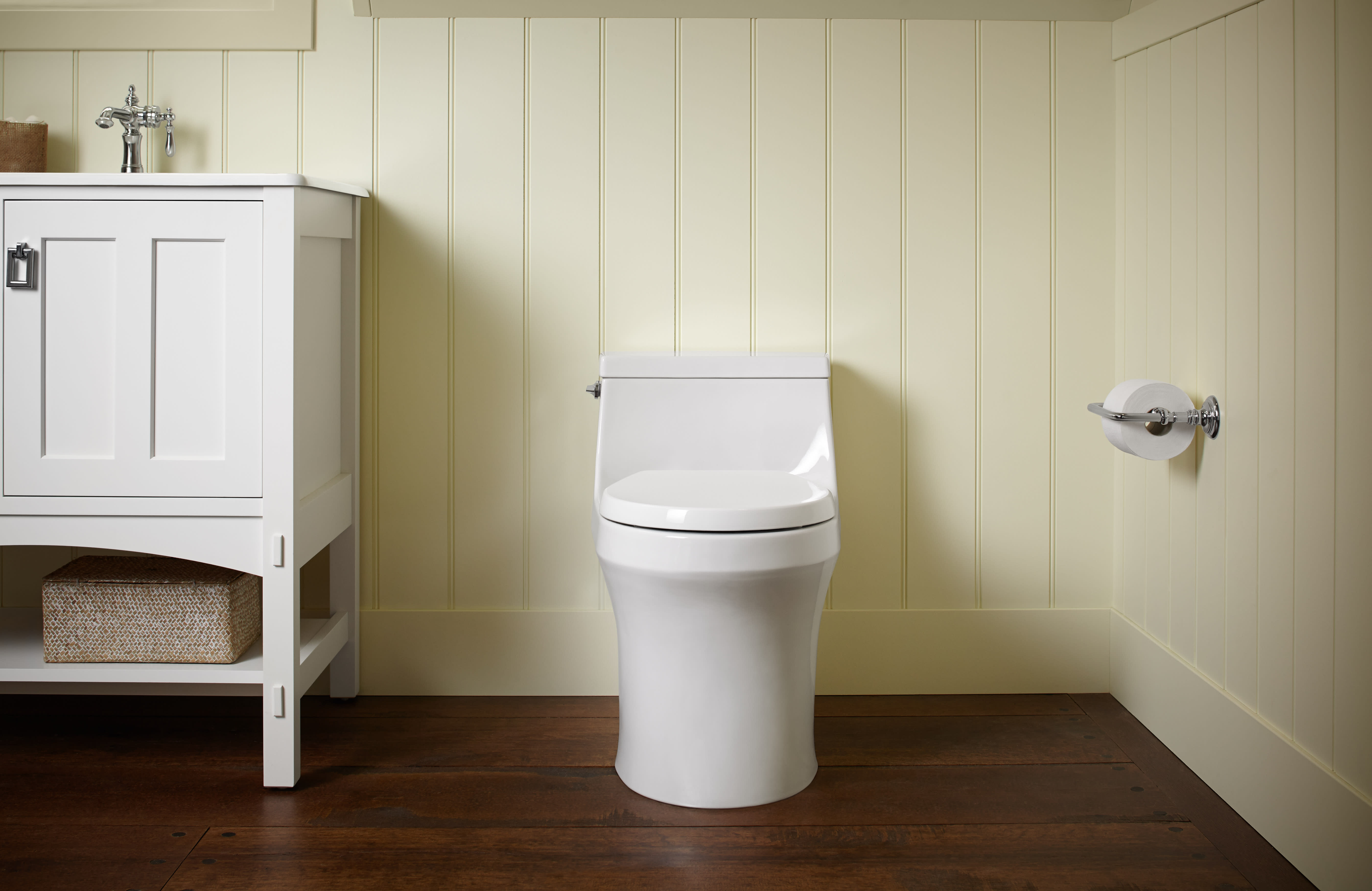
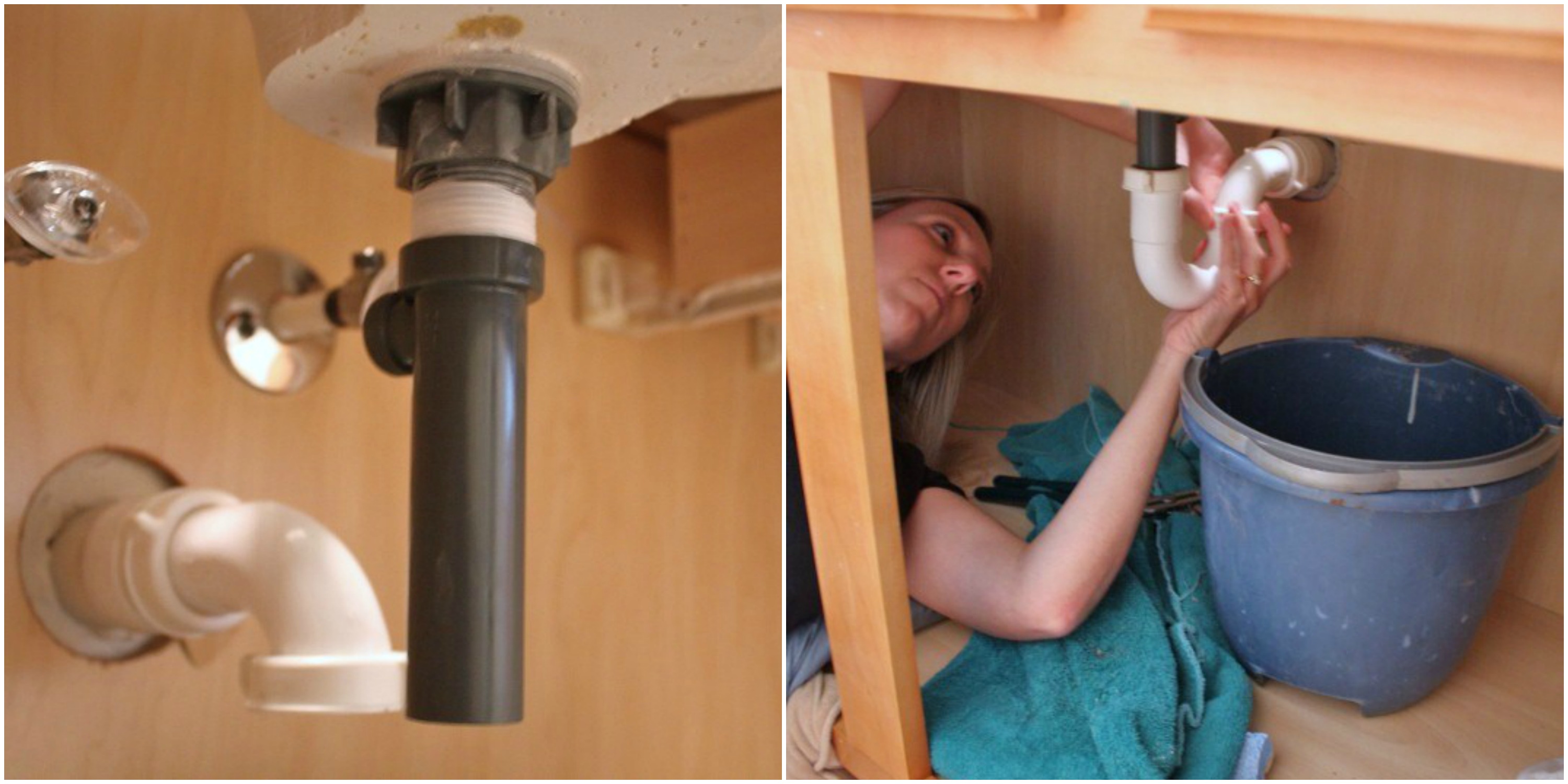







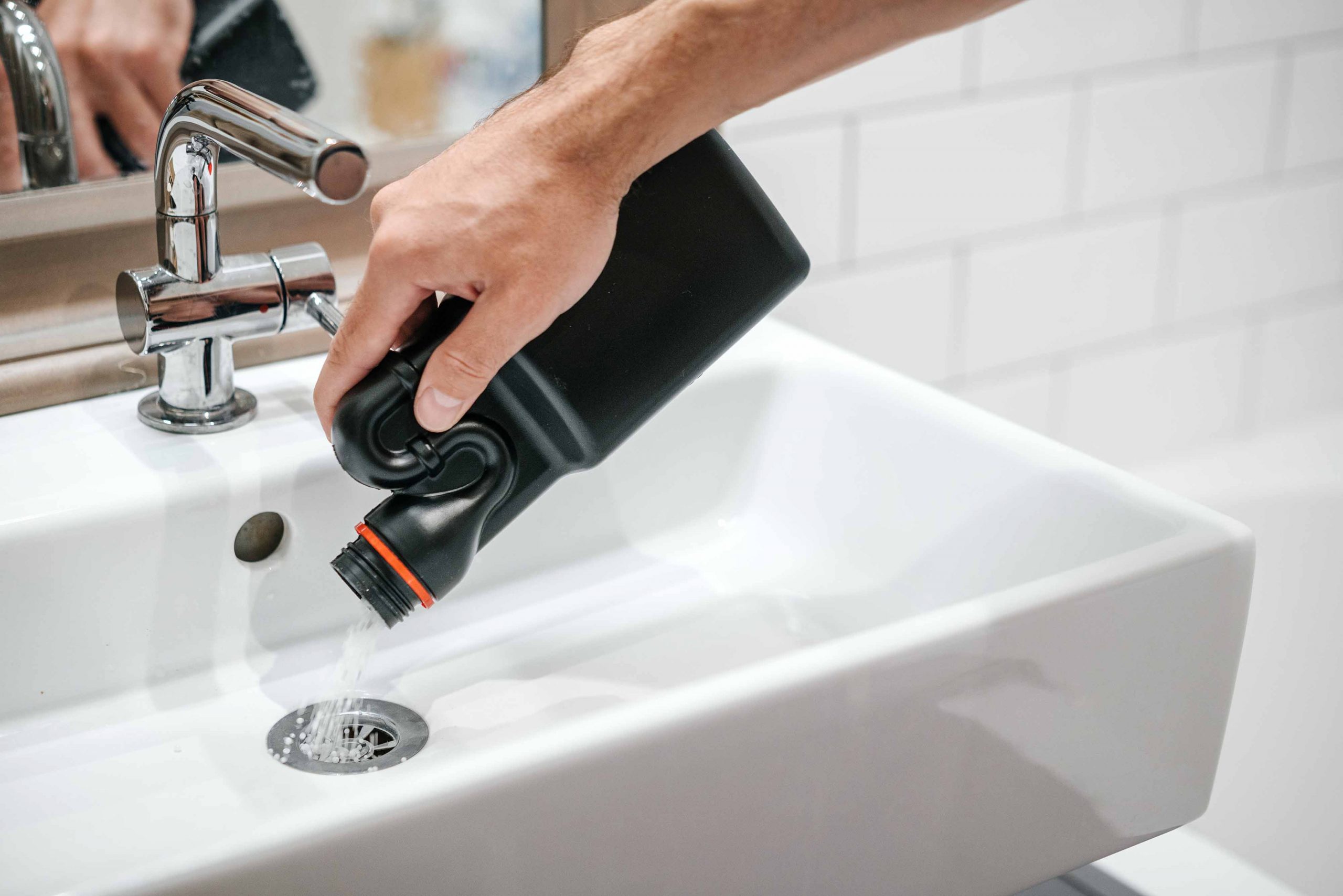


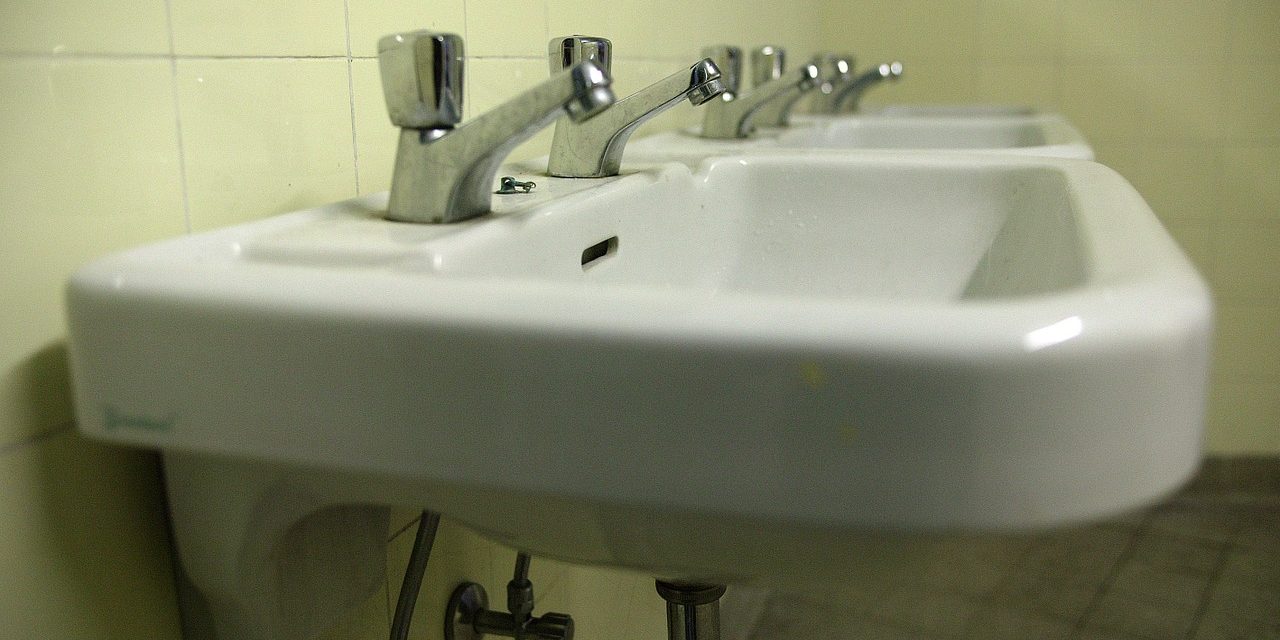


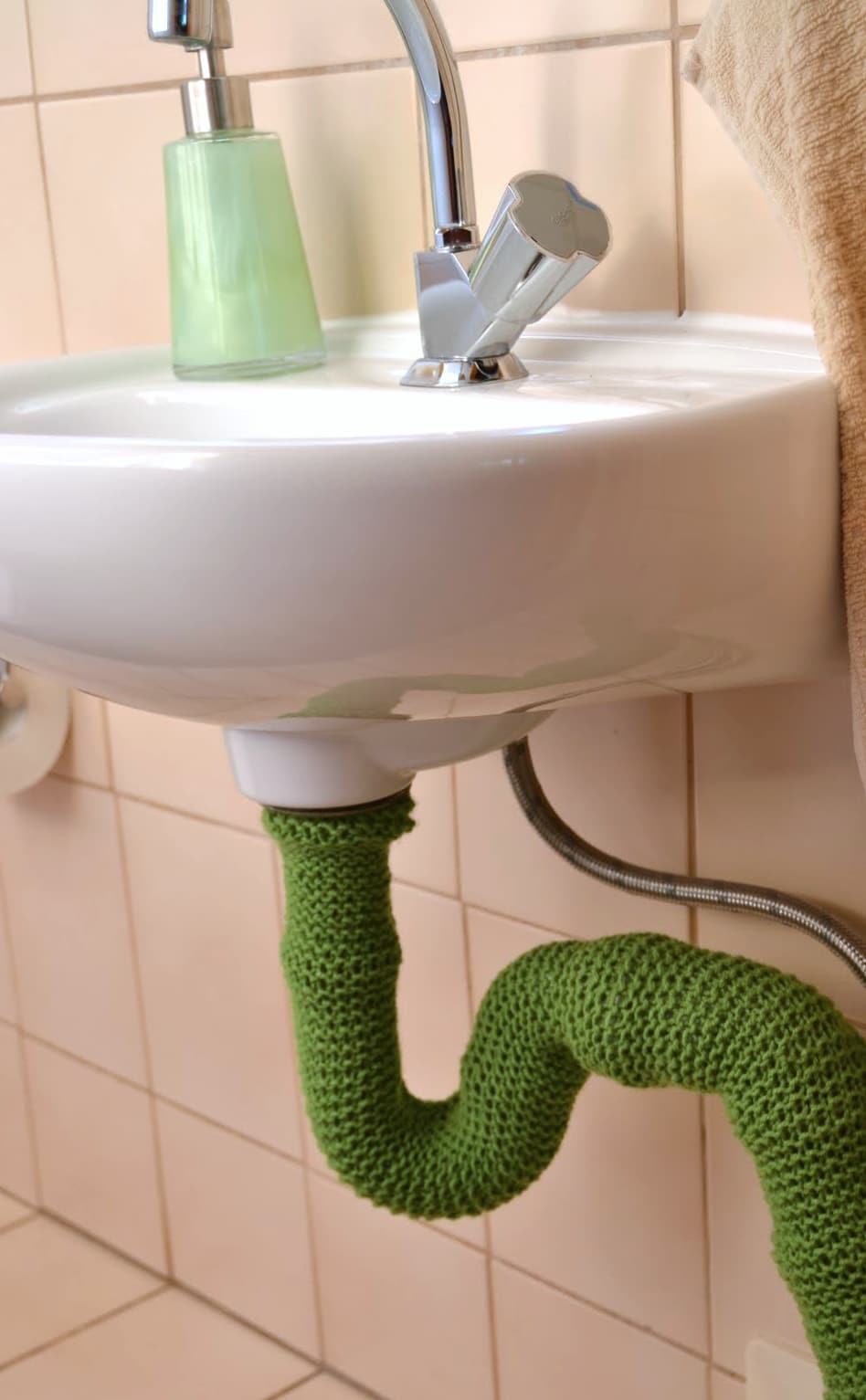

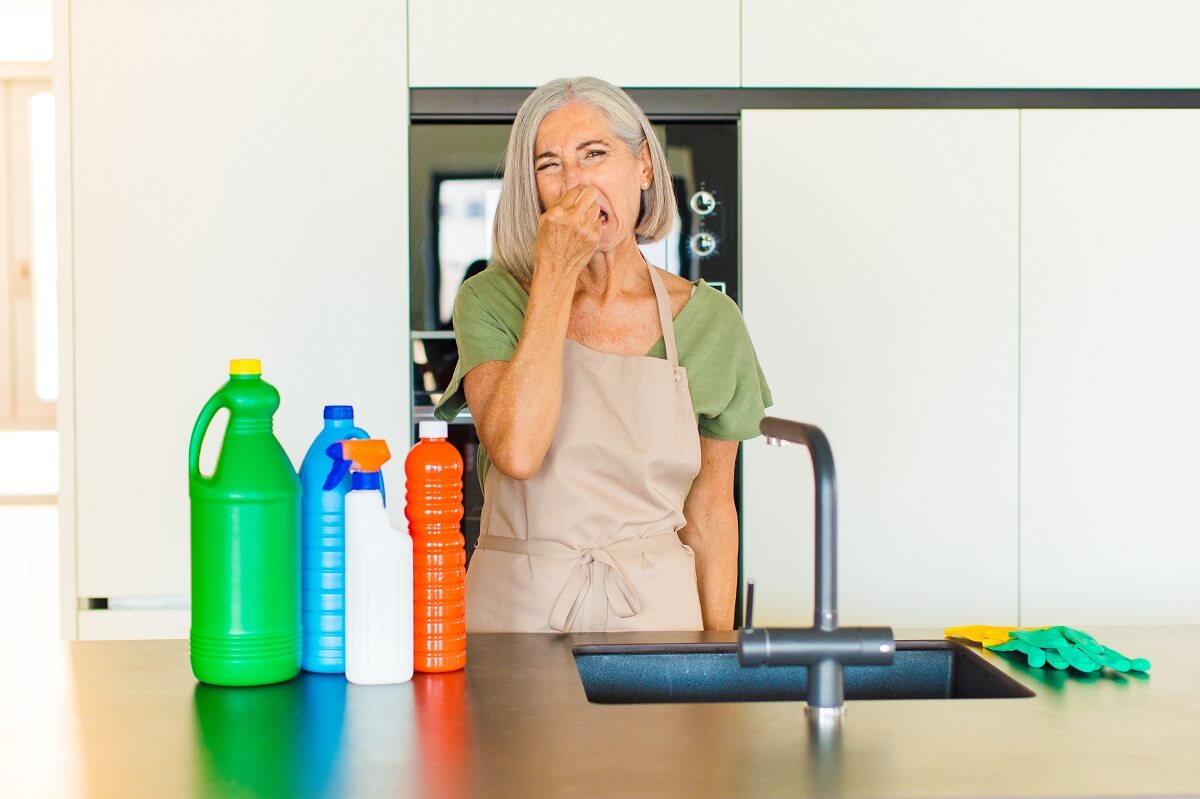












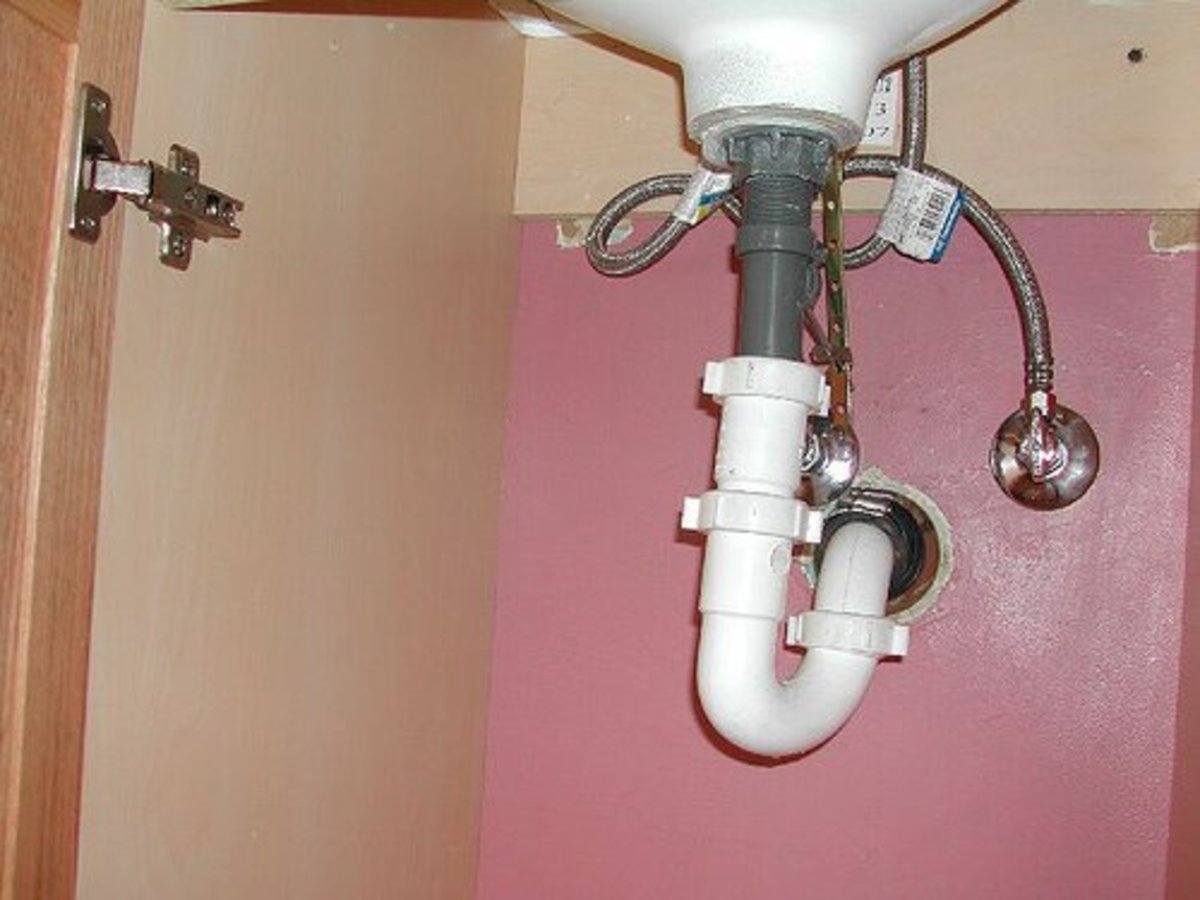
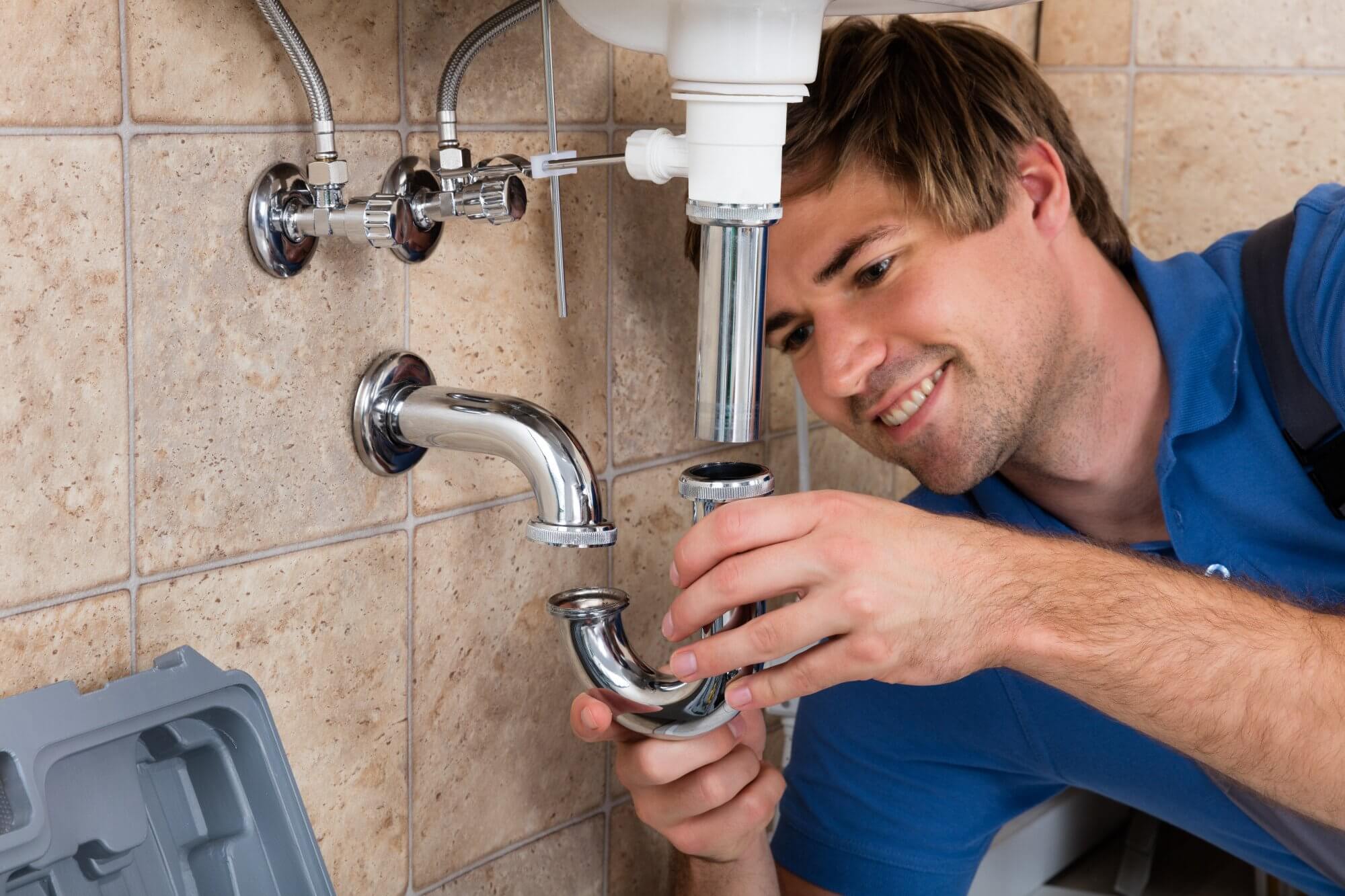

:max_bytes(150000):strip_icc()/freshen-and-unclog-drain-with-baking-soda-1900466-22-bbf940b70afa4d5abef0c54da23b1d3f.jpg)

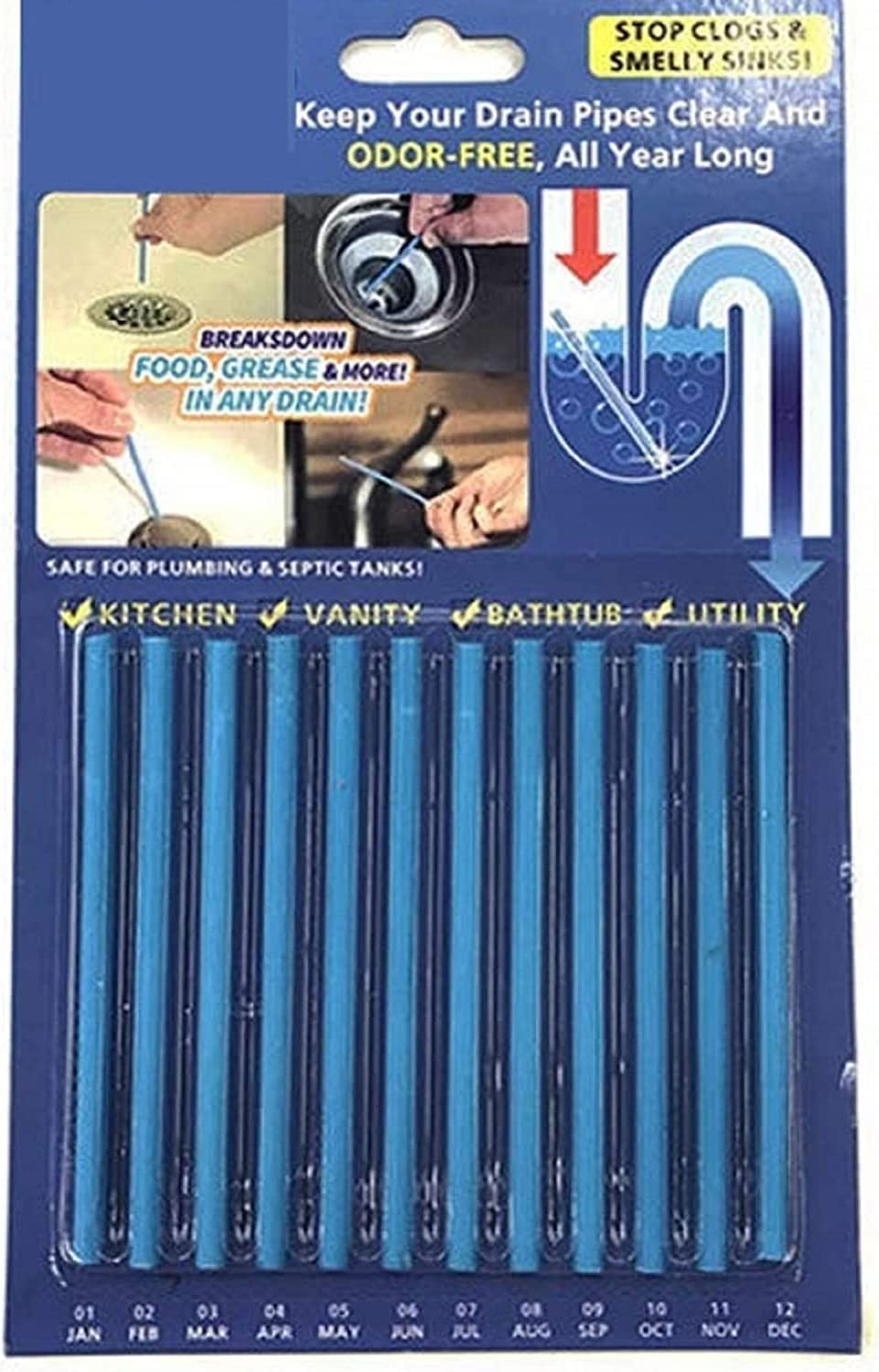





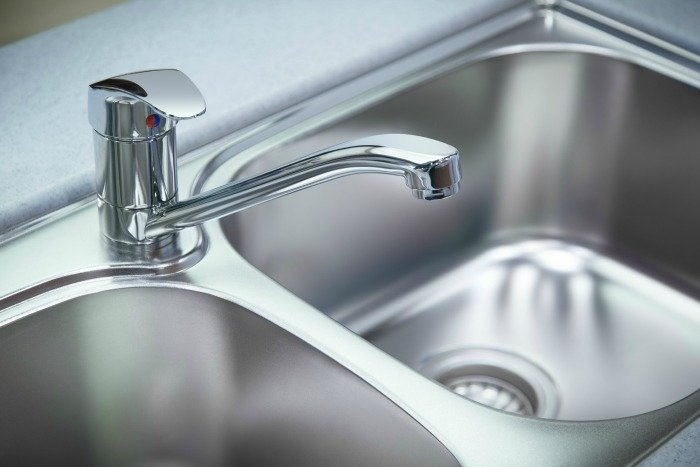




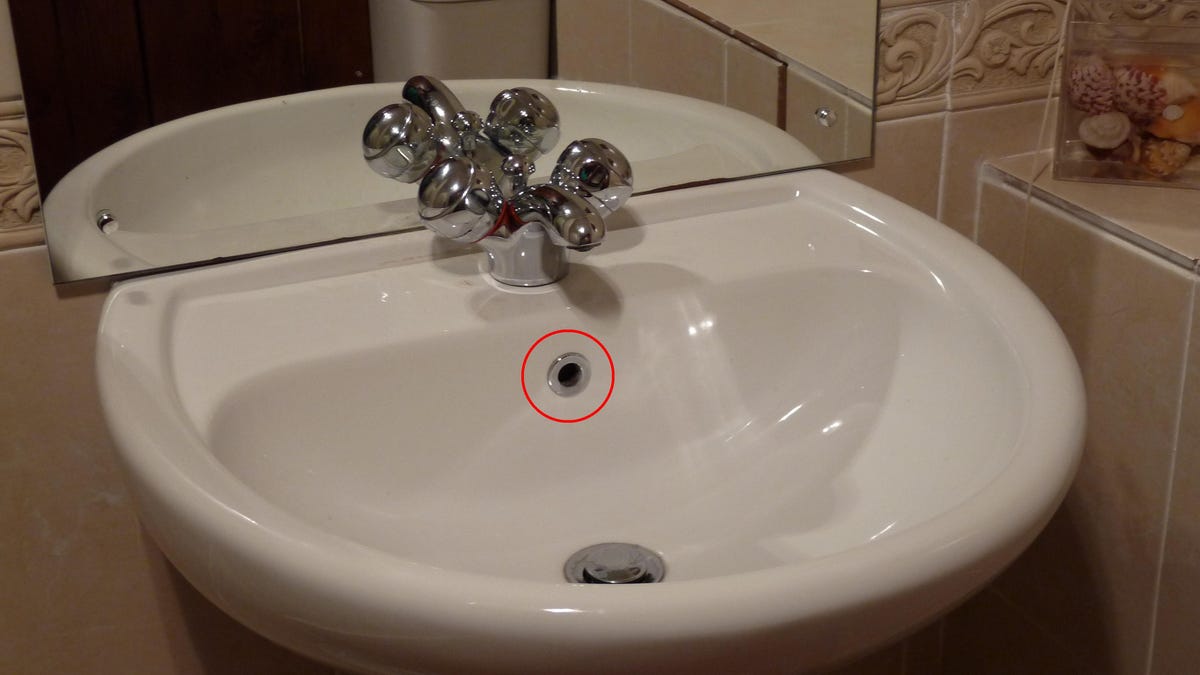




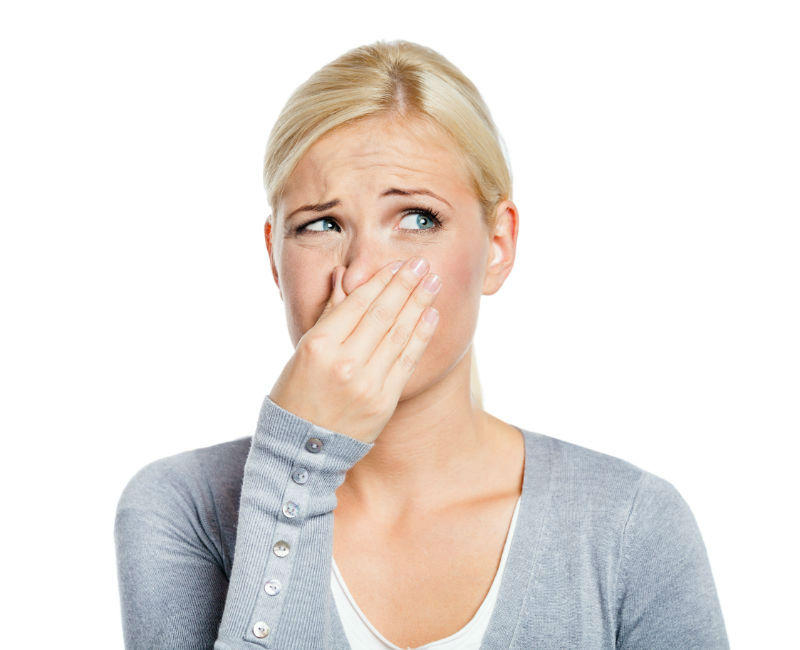

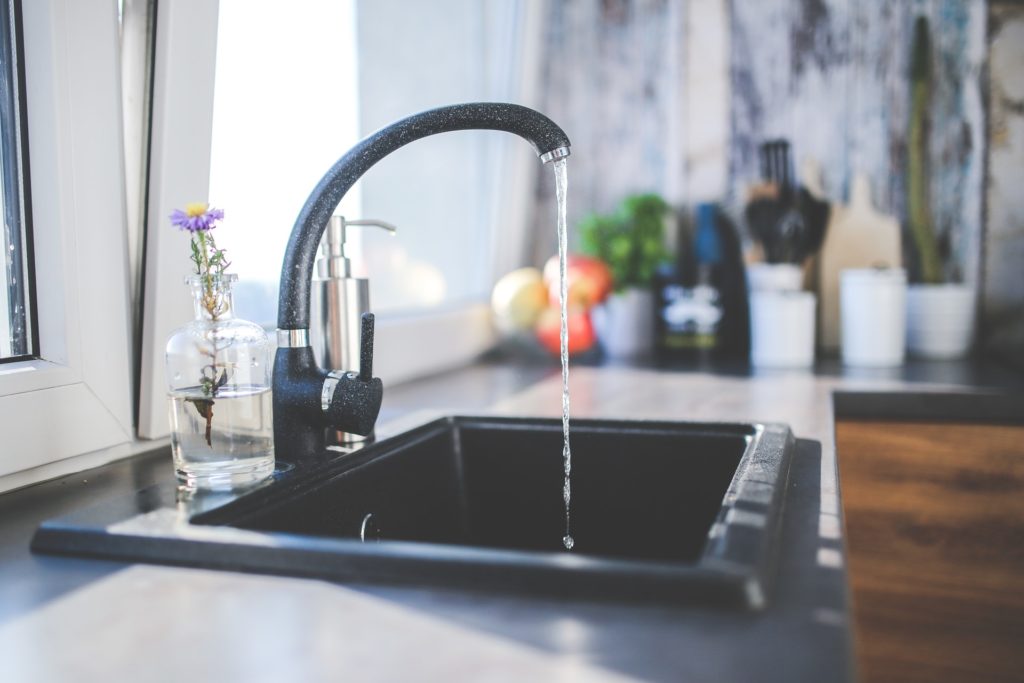


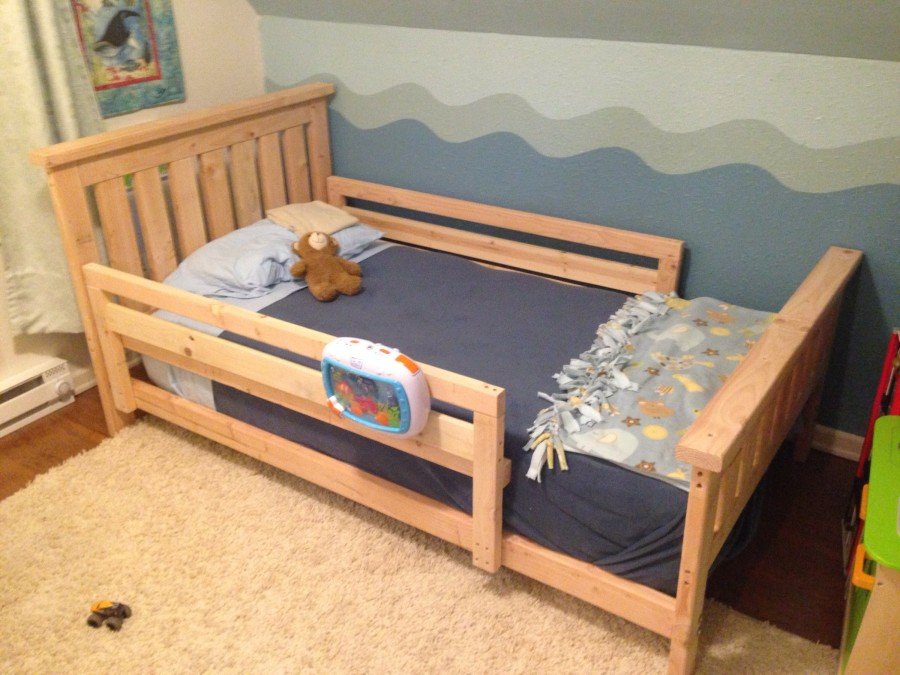

:max_bytes(150000):strip_icc()/helfordln-35-58e07f2960b8494cbbe1d63b9e513f59.jpeg)


